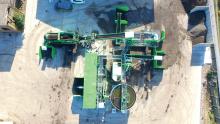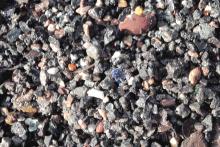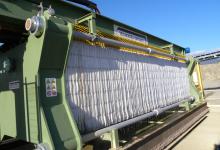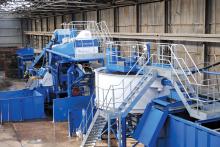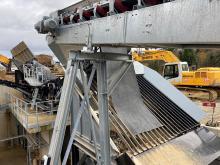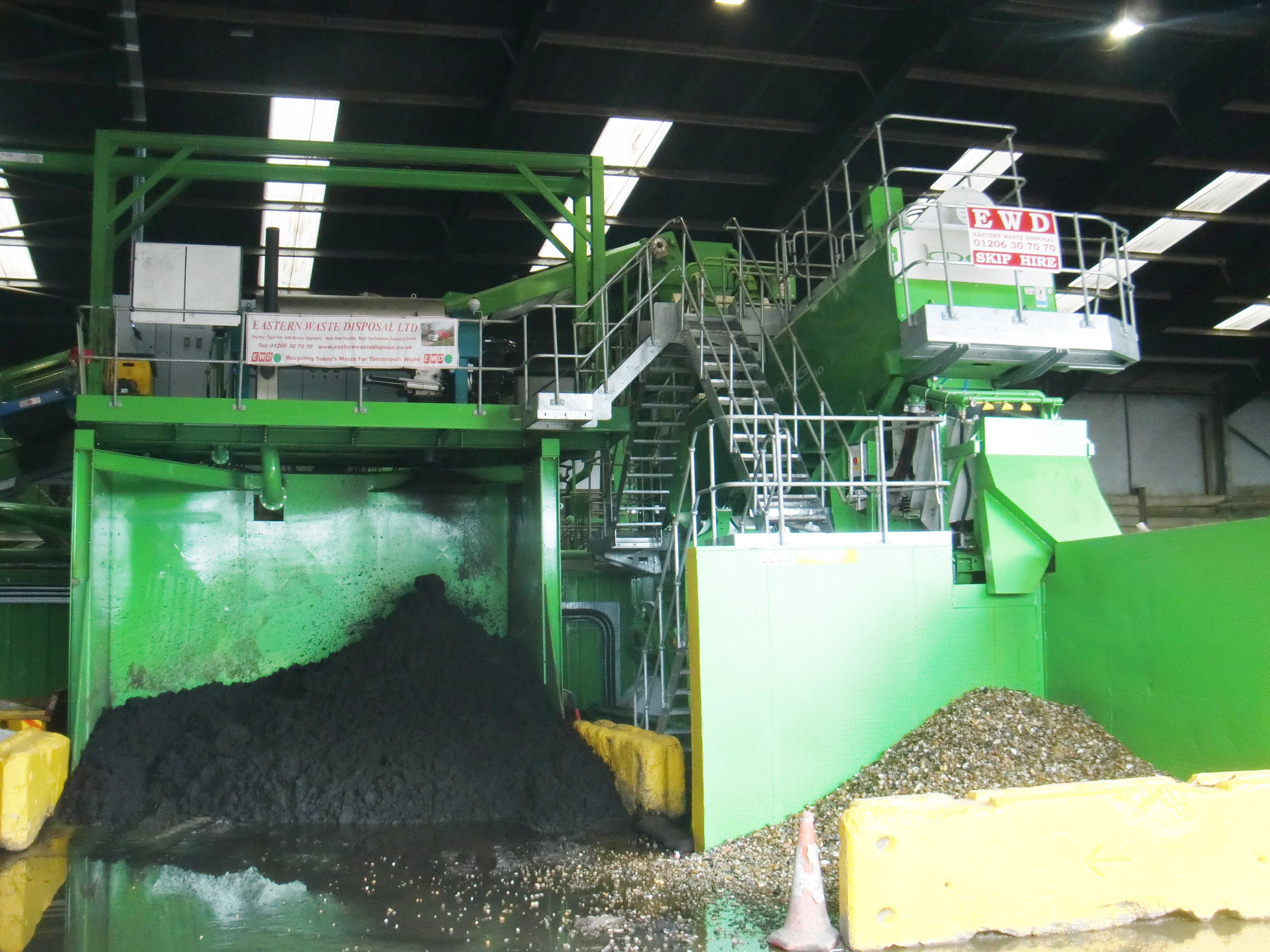
The
The plant has been installed at Eastern Waste Disposal’s Brightlingsea recycling centre in County Essex, suth-east England, and is capable of processing 50,000tonnes/year.
The effects of the landfill directive along with the annual increase in landfill tax have significantly increased the cost of disposal of road sweepings and gully waste for companies like Eastern Waste Disposal who offer reception and collection services for this waste.
“In recent years waste disposal has turned to waste recovery and recycling. Equipment, technology and plant require huge capital investment but we knew we had to keep ahead of the industry to remain competitive in the growing waste sector,” says Danny Carter, director, Eastern Waste Disposal.
Eastern Waste Disposal began to investigate recycling systems which would allow a wide range of materials to be processed and diverted from landfill. The CDEnviro solution was unique in that it combined the proven road sweepings recycling technology as well as the new potential to recycle previously landfilled trommel fines.
Explaining the advantages of the new system, Danny Carter said “We are in a position now to improve the quality of our recycled products and create a more sustainable market for our customers. The CDEnviro system has allowed us to unlock the potential of road sweepings and treat trommel fines as a resource not just a waste”
Eastern Waste Disposal has set a new standard in recycling large proportions road sweepings and trommel fines using the dedicated, proven washing and water treatment processes from CDEnviro. With landfill taxes continuing to increase year on year, this solution is an essential part of safe guarding their business for the years to come.
Technical sales manager, Darren Eastwood said: “We don’t consider ourselves as simply another material processing company. We ensure we have a complete understanding of the contamination present within each feed stock and set up our water treatment process systems to focus on these contaminants accordingly. This ensures we always wash new waste with recycled water and ensure a consistent quality of washed product. This ‘unseen’ side of washing is critical to the process of recycling on a chemical level.”

